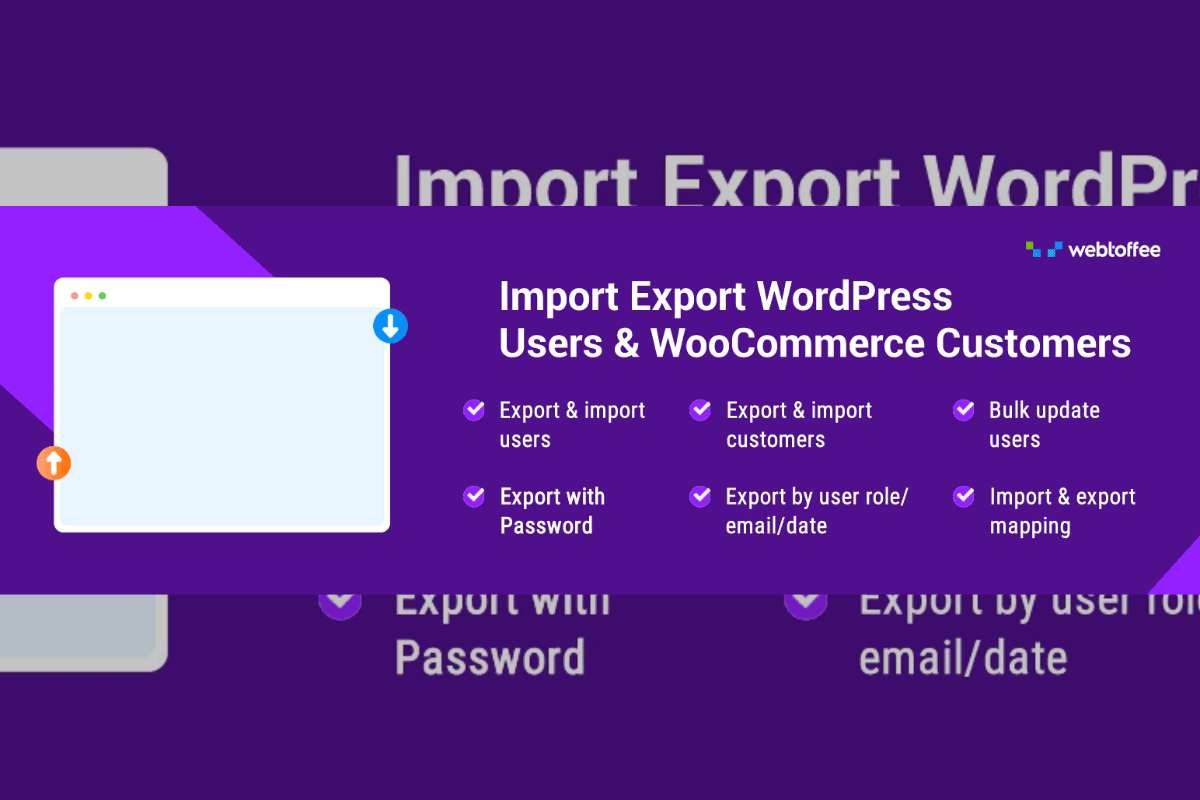(Source – OFFEO)
In the ever-evolving landscape of retail, private label manufacturers have emerged as pivotal players, shaping the dynamics of consumer choices and brand strategies. These manufacturers operate discreetly, yet their influence permeates various industries, offering a diverse array of products under the umbrella of retailers’ brands. This article delves into the world of private label manufacturers, exploring their significance, advantages, and the impact they wield on both businesses and consumers.
Definition:
Private label manufacturers, often referred to as contract manufacturers or white-label manufacturers, are entities that produce goods under the brand name of a retailer or distributor rather than their own. This business model allows retailers to market and sell products without the burden of in-house production. Instead, they partner with manufacturers to create a unique range of products that align with their brand image and meet the preferences of their target audience.
Advantages for Retailers:
Cost Efficiency: Private label manufacturing is a cost-effective strategy for retailers. By outsourcing production to specialized manufacturers, retailers can avoid the substantial investment required to establish and maintain manufacturing facilities. This cost efficiency extends to various aspects, including raw materials, labor, and quality control.
Brand Control: Retailers have greater control over the branding and marketing of products when working with private label manufacturers. This enables them to tailor products to meet the specific needs and preferences of their customer base. The flexibility to customize packaging, design, and features allows retailers to differentiate their products in a competitive market.

Faster Time-to-Market: Private label manufacturing facilitates a quicker time-to-market compared to traditional manufacturing processes. With established manufacturing partners, retailers can swiftly introduce new products or respond to market trends without the delays associated with in-house production.
Higher Profit Margins: Since private-label products are exclusive to a particular retailer, they often command higher profit margins. Retailers can leverage the uniqueness of their private label offerings to attract customers seeking differentiated products and are willing to pay a premium for the exclusive experience.
Advantages for Private Label Manufacturers:
Steady Business Relationships: Private label manufacturers build enduring partnerships with retailers, creating a stable and consistent stream of business. These relationships often extend over the long term, fostering a sense of collaboration and mutual success.
Capacity Utilization: Manufacturers can optimize their production capacity by catering to the diverse needs of multiple retailers. This enables them to maintain steady production levels, reducing the risk of idle capacity and maximizing operational efficiency.

Diversification: Working with various retailers allows private label manufacturers to diversify their product portfolios. This diversification not only contributes to business stability but also enhances their expertise across different product categories.
Innovation and Collaboration: Collaboration with retailers often involves joint product development initiatives. Private label manufacturers have the opportunity to showcase their innovation capabilities, contributing to the creation of unique products that meet market demands.
Impact on Consumers:
Affordability and Variety: Private label products are often priced more competitively than national brands. This affordability appeals to price-conscious consumers, offering them quality alternatives at a lower cost. Additionally, the diverse product offerings from private manufacturers contribute to a broader range of choices for consumers.
Quality Perception: The quality of private label products has significantly improved over the years, dispelling the notion that they are inferior to national brands. Consumers increasingly perceive private label offerings as comparable in quality, leading to a shift in purchasing behavior.
Exclusive Offerings: Private label products provide consumers with exclusive offerings that cannot be found under other brand names. This exclusivity resonates with consumers seeking unique and differentiated products, contributing to the appeal of private-label options.
Retailer Loyalty: Consumers who find value in private label products often develop loyalty to the retailer offering those products. The positive experience of purchasing high-quality, affordable private-label items can influence overall brand loyalty.
Challenges and Future Trends:
Brand Perception: One of the challenges faced by private manufacturers is overcoming negative perceptions regarding the quality of store-brand products. Continuous efforts to improve and communicate the quality of private-label items are essential to altering consumer perceptions.
Innovation and Differentiation: As the private label market becomes more competitive, retailers and manufacturers must focus on innovation and differentiation to stand out. Introducing unique features, environmentally friendly options, or specialty products can enhance the appeal of private-label offerings.

E-commerce Impact: The rise of e-commerce has influenced the private label landscape, providing opportunities for retailers to expand their product lines without the constraints of physical shelf space. E-commerce platforms enable retailers to offer an extensive array of private-label products to a global audience.
Sustainability and Ethical Practices: Consumer preferences for sustainable and ethically produced products are influencing private label manufacturers to adopt environmentally friendly practices. Retailers are increasingly emphasizing transparency in the sourcing and manufacturing processes of their private-label products.
Conclusion:
Private label manufacturers play a transformative role in the retail industry, offering a strategic avenue for retailers to differentiate themselves and meet the evolving demands of consumers. The symbiotic relationship between retailers and private label manufacturers has created a dynamic marketplace where quality, affordability, and innovation converge. As the landscape continues to evolve, the influence of private-label manufacturers is likely to expand, shaping the future of retail and consumer preferences.


















